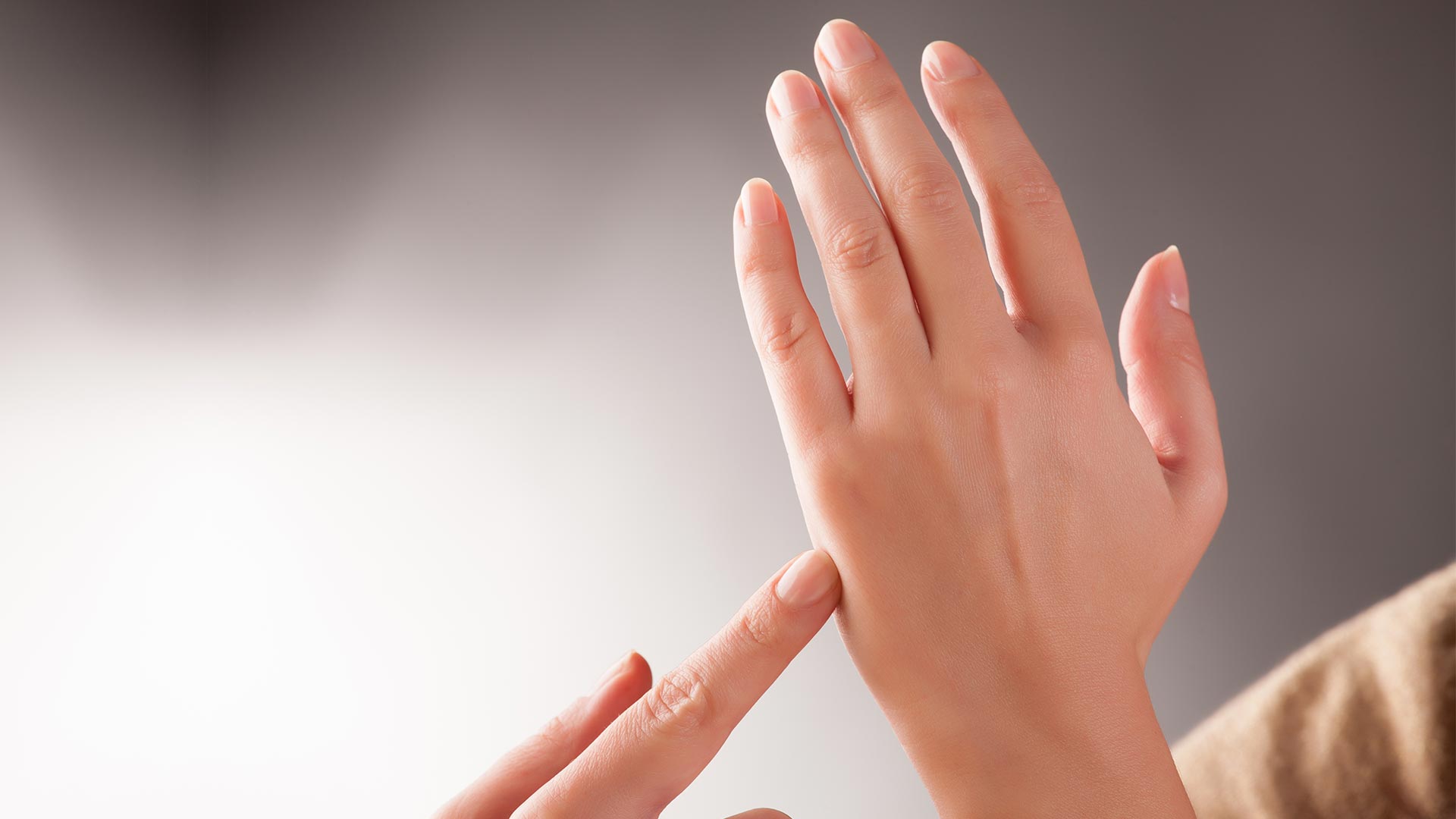Lymphedema
Suffer from an Lymphedema? We can help.

Are you experiencing one of the following symptoms?
- A heavy or tight feeling in the arms or legs or dirt or contaminating others.
- Swelling of either a part or the whole leg or arm, including the fingers or toes, ranging from slight changes in limb size to severe swelling
- Range of motion of the limb is restricted such as locks, appliances, and switches
- Discomfort or aching in the affected limb
- Thickening and hardening of the skin
- Severe fatigue
About Lymphedema
Lymphedema affects the lymphatic system. This system has three main functions:
- Draining excess tissue fluid: It balances the fluid in the blood and the fluid in the tissues. This is known as fluid homeostasis.
- Fighting infection: It provides immunity by assisting the body’s immune defense against foreign bodies, such as bacteria.
- Absorbing fats: It absorbs lipid nutrients from the intestine and transports them to the blood.
A disruption to the lymphatic system can, in the long term, undermine its ability to drain fluid properly. As a result, excess fluid can build up in parts of the body.
Lymphedema increases the risk of infection and other complications because the lymphocytes cannot reach parts of the body where swelling occurs.
Top Tips to fight Lymphedema
- Exercise
- Avoid sun beds, steam rooms, and saunas.
- Build strength
- Eat healthily
How we can help you
The aim is to encourage the lymph fluid to move away from the swollen area, so it can drain normally. It also helps lymph fluid drain through the healthy lymph vessels. This helps control swelling.
Fluent compression strokes provide a gentle, consistent wave-like massage to the treated areas, increasing circulation and helping remove waste and toxins from the body whilst promoting a sense of calm and relaxation.
Lymphatic drainage should be offered by a qualified practitioners only.
For pregnancy and postnatal care
For pregnant and lactating women, gives comfort especially in legs and feet when fluid retention strikes. MLD also helps breast feeding relieving the problems of blocked ducts and sore tight breasts.
After cancer surgery
Lymphatic treatment is often required after cancer treatment and when the lymph nodes have been removed. Having lymph nodes removed can cause some long term side effects. Lymph nodes drain fluid from your arms and legs. If the surgeon removes the lymph nodes, fluid can build up and cause swelling in your arms or legs. This is called lymphoedema.
For healing
Reducing pain and discomfort post surgery or injury. Decongesting the swollen and sore tissues through therapy, pain and discomfort would be reduced.
Therapies to help you
Unsure what‘s the best solution for you?
Contact us now for a free and friendly first consultation.




























